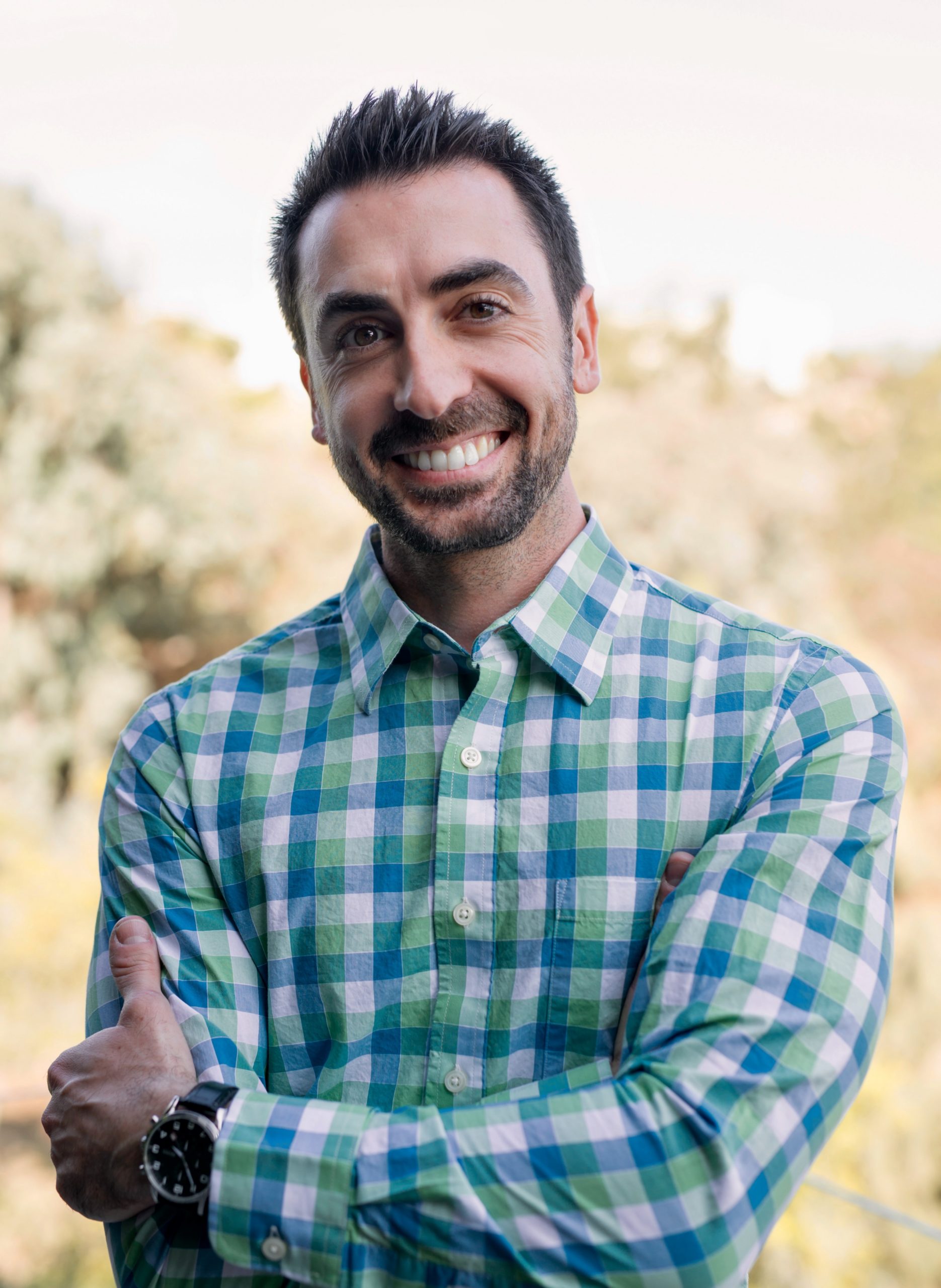Facts & Treatment
No matter how old you are, what background you come from, or which gender you identify with—ADHD can have a significant impact on a person's life. Attention-Deficit Hyperactivity Disorder (ADHD) is classified as a "neurodevelopmental disorder" that typically emerges in childhood, becomes notably more severe during adolescence, and for some continues on into adulthood. The DSM-V currently estimates that ADHD occurs in most cultures, affecting about 5% of children and 2.5% of adults, however the Center For Disease Control (CDC) estimates the current numbers are likely higher.
By researching information about ADHD and options for treatment, you've already taken the first step toward tackling a highly frustrating and emotional issue. You may find you identify with a number of the ADHD symptoms, but please resist the urge to self-diagnose. Only a trained mental health professional can diagnose someone with ADHD. However, if you believe you or someone you know may be struggling with ADHD call for a free phone consultation. In the meantime, here is a brief checklist of the most common symptoms:
- Persistent pattern of distractibility and inattention
- Persistent pattern of hyperactivity and/or impulsivity
- Difficulty attending to details, making frequent careless mistakes
- Difficulty organizing tasks and activities
- Lack of follow-through regarding obligations or personal goals
- Avoidance of activities/tasks that require sustained mental effort
- Often losing or misplacing things
- Forgetful in daily activities
- Restlessness, trouble sitting still for long or even short periods of time
- Interrupting others while speaking, blurting out answers in school
Child/Adolescent ADHD Treatment
Parents, unless your child has already received an ADHD diagnosis, it can be difficult to tell whether you simply have a rambunctious 10-year-old who likes to daydream, or a child who legitimately struggles to concentrate despite his/her best efforts.
That's where I come in.
During the first few sessions I meet with both parents and kids to assess whether or not the focus of treatment is ADHD. If so, we will work together to develop goals, devise a comprehensive treatment plan, and possibly incorporate referrals for medication support if necessary.
Treatment often includes teaching a variety of techniques for both kids and parents to help promote organizational skills, using positive reinforcement, communication skills, coping with stress, mood management, and impulse control. Such techniques may involve "homework" activities for the child, parent, or both that can be practiced and reinforced between sessions.
Lastly, one of the most important factors that contributes to a positive outcome when treating children/adolescents with ADHD is parent involvement. I cannot stress this enough. When a parent actively engages in therapy, it shows kids that you care and that you're taking their challenges seriously.
Adult ADHD Treatment
If you're an adult seeking treatment for ADHD let me start off by saying BRAVO. As adults, we can be quite stubborn and resistant to change, even when the change is positive. It's easy to succumb to our routines and make excuses for why we struggle to pay attention, why we have a really hard time remembering important things, or why we consistently lack motivation and follow-through. These behaviors tend to leak into our personal and professional lives and can be highly destructive. Therefore, I believe it's important to acknowledge any effort someone makes toward addressing ADHD—because asking for help can be difficult, and looking for the right help can be even more challenging.
Here's how I can help you. Since 2011, I've treated both male and female clients with ADHD from a variety of age groups: from the youngest at 7 years old to the eldest at 58. Each age range presents its own unique deficits, strengths, and life challenges, so treatment must be tailored to address your specific concerns. The backbone of my approach to treating ADHD involves providing flexible structure, coping skills, organizational techniques, and ways to develop lasting motivation.
If you are on the fence regarding whether or not therapy is right for you, please give me a call and we can discuss your symptoms and treatment options. The consultation is of course free of charge.
Treating ADHD is one of my specialties:

